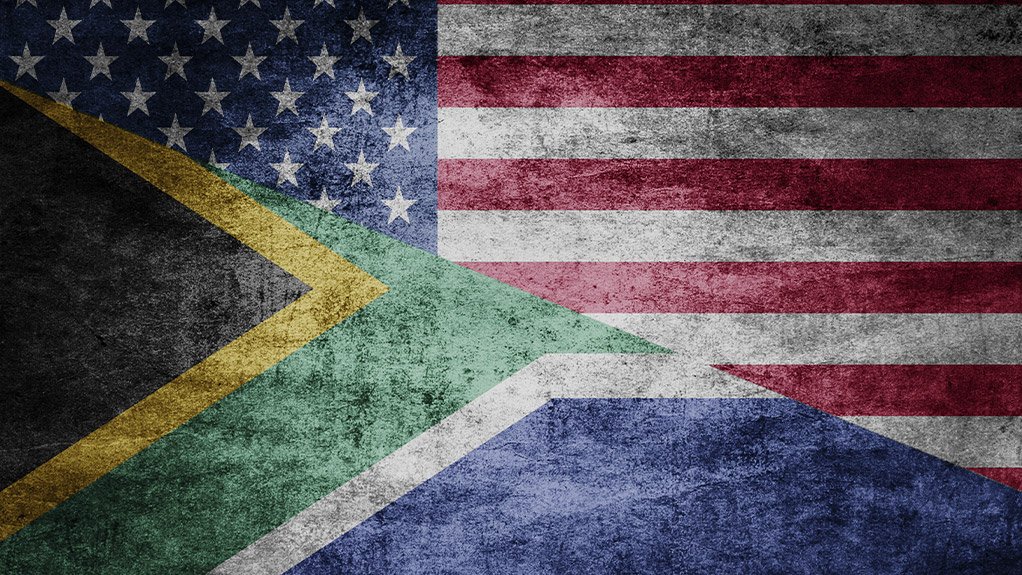South Africa’s newly formed government will use an upcoming forum on US preferential trade access to push back against a Senate review of ties between the two countries.
The House of Representatives last month passed a law requiring a full assessment off bilateral relations and submitted it to the Senate for approval. South African business lobby groups have warned the legislation threatens to curb trade with the world’s biggest economy at a time when the country needs to accelerate economic growth to address widespread inequality.
A review of ties may risk South Africa’s access to the African Growth and Opportunity Act (Agoa), which provides the country with duty-free access to the US market. Two-way trade between the two nations amounted to $23.7-billion last year, with South Africa shipping cars and agricultural produce under the accord.
“We intend to engage senators and also members of Congress about what our position is on a whole range of issues as the South African government on the back of the Agoa act, but also taking into account bilateral relations,” Trade, Industry and Competition Minister Parks Tau said in an interview.
A delegation will head to the US to attend the Agoa Forum in Washington DC from July 24-26, he said.
US lawmakers called for the review of relations in February, after South Africa took Israel to the International Court of Justice over allegations of genocide. They also cited reasons including South Africa’s history of “siding with malign actors,” including Hamas, which the US designates as a terrorist organization, and its pursuit of closer ties with China and Russia.
The US is South Africa’s second-largest trading partner after China and will form a crucial part of the new government’s efforts to revive the economy. South African gross domestic product has expanded by less than 1% a year on average over the past decade — well below what’s needed to maintain living standards for the nation’s growing population.
The US legislation is being considered as America prepares for presidential elections in November, in which former President Donald Trump will run against incumbent US President Joe Biden. Relations between the US and Africa reached a low ebb during Trump’s first term, during which he made disparaging remarks about African nations and high-level diplomatic engagements were few and far between.
“We work on the basis that we have established relations with a whole range of countries on multilateral and bilateral platforms,” Tau said. “We should be able to build on the basis of the electoral outcomes.”
EMAIL THIS ARTICLE SAVE THIS ARTICLE
To subscribe email subscriptions@creamermedia.co.za or click here
To advertise email advertising@creamermedia.co.za or click here











